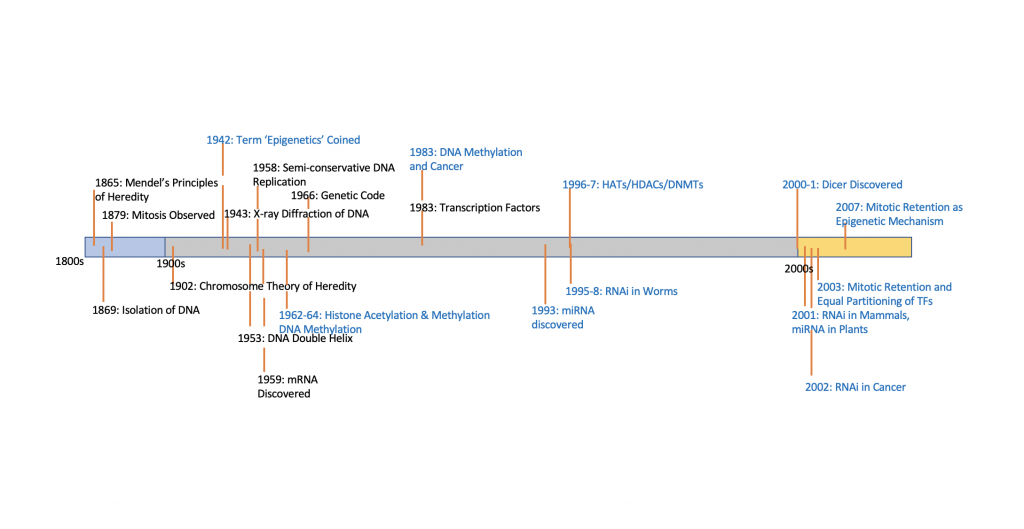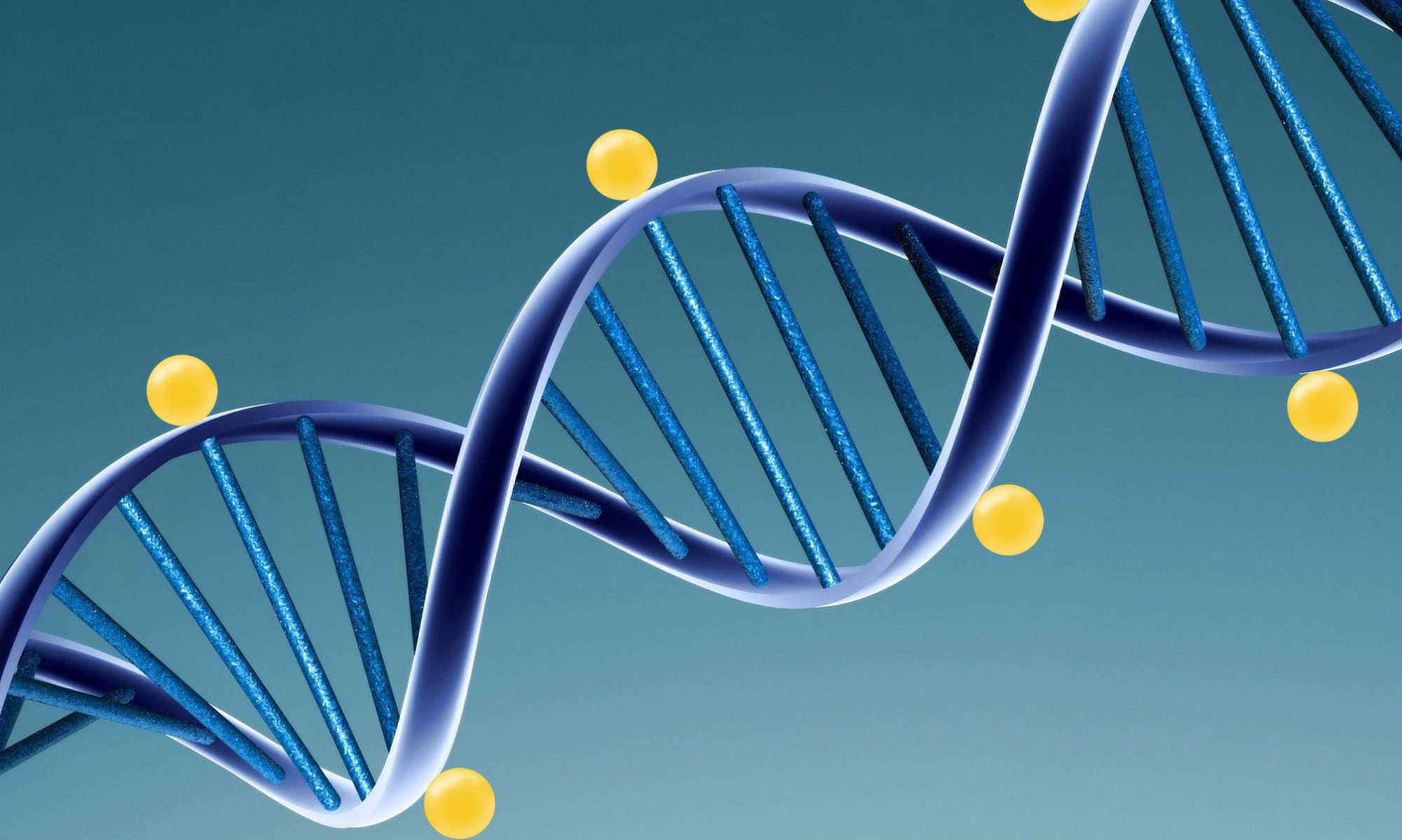Genetics is a branch of biology that observes and analyzes the inheritance of genetic material (DNA) from parent to offspring. Yet over the past few decades, greater emphasis has been placed on the ways in which non-genetic material could be inherited (1). Thus, a new branch of biology emerged, called epigenetics, which specifically focused on the ways in which environmental factors could impact non-genetic material in a way that alters gene expression. Intense trauma, specifically, is a prime environmental factor that is commonly analyzed in epigenetic research. The Vietnam War, for example, caused immense amounts of stress post-conflict, often leading to post-traumatic stress disorder (PTSD). It was also observed that a significant amount of veterans’ children showcased mental health issues. Yet, there are not any known genes that specifically code for psychiatric disorders; thus, how can stress experienced by Vietnam veterans alter their own and their childrens’ epigenomes?
In particular, what biochemical markers can be observed in these cases?

